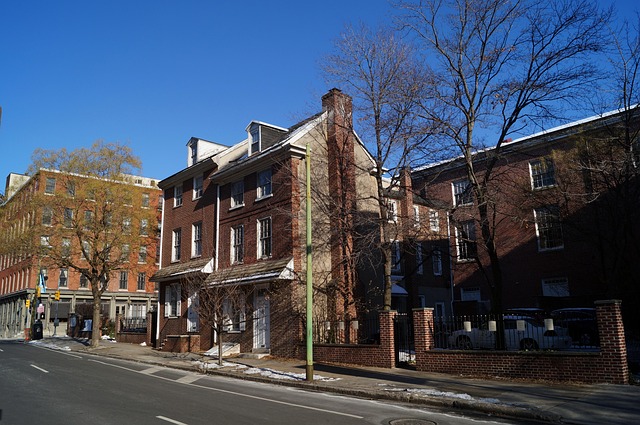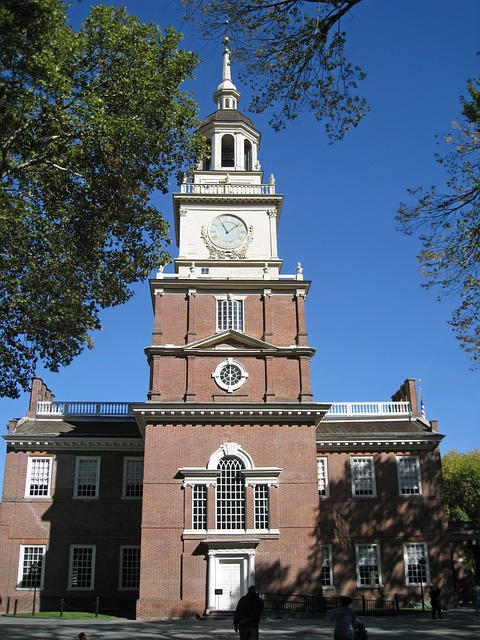In Pennsylvania, including Philadelphia, the statute of limitations (SOL) for civil lawsuits related to elder sexual abuse varies: generally 2 years from discovery, or 12 years for cases involving children or individuals with mental disabilities. Extending these deadlines is crucial for protecting vulnerable elders and encouraging them to come forward without fear of missing a deadline. However, such changes pose complexities, requiring expert knowledge from elderly sexual assault lawyers who can advocate for victims’ rights while navigating legal frameworks and the challenges defendants face regarding stale evidence.
In Philadelphia, as across Pennsylvania, the statutes of limitations for elder sexual abuse cases present complex considerations. This article delves into the pros and cons of extending these time frames, specifically focusing on the unique challenges faced by victims of elderly sexual assault. With an aging population, protecting vulnerable individuals while navigating legal complexities is paramount. We explore how changes in limitations could impact justice for victims, considering both the benefits of enhanced protection and potential fairness concerns. Elderly sexual abuse lawyers play a crucial role in these debates, advocating for policies that balance justice with victim rights.
Understanding the Current Statutes of Limitations in Pennsylvania for Elder Sexual Abuse Cases

In Pennsylvania, including the city of Philadelphia, the statute of limitations for filing civil lawsuits related to elder sexual abuse is typically two years from the date the victim discovers or should have discovered the injury. This means that victims have a limited time window to take legal action after they become aware of the abuse. For cases involving children or those with mental disabilities, there’s an extended statute of limitations, allowing claims up to 12 years after the abuse occurred.
Philadelphia residents who have experienced elderly sexual assault may find these time restrictions challenging, especially when dealing with sensitive and complex cases. Engaging an elderly sexual assault lawyer Philadelphia can be crucial in navigating these legal complexities and ensuring victims’ rights are protected within the prescribed timeframe.
Pros of Extending the Time Frame: Protecting Vulnerable Populations and Ensuring Justice

Extending the statute of limitations for reporting and prosecuting elderly sexual abuse cases is a crucial step in protecting vulnerable populations within Philadelphia’s community. Many victims of elder abuse, due to psychological trauma or fear, may not come forward immediately. A longer time frame allows them to seek help and heal before taking legal action, ensuring their safety and well-being. This change can also encourage more elders to report incidents without the worry of missing a limited deadline.
An elderly sexual assault lawyer in Philadelphia can play a vital role in advocating for these victims and ensuring justice is served. With an extended statute, legal professionals can thoroughly investigate cases, gather evidence, and hold perpetrators accountable. This measure fosters a sense of security among the elderly community, knowing that their rights are protected and that they have a chance to seek redress for any abuse they may have suffered.
Cons and Challenges: Legal Complexities, Fairness Concerns, and Potential Impact on Victims’ Rights

Extending Statutes of Limitations (SOL) for elder sexual abuse cases presents several challenges and potential drawbacks, especially in Philadelphia. One of the primary concerns is the introduction of legal complexities. The current SOL for such crimes varies by state and can be stringent, requiring victims to come forward within a limited time frame. Any extension would necessitate refining legal frameworks, which could lead to confusion and uncertainty for both legal professionals and potential plaintiffs. This complexity may deter survivors from seeking justice, particularly if they have been traumatized or delayed in reporting the abuse due to fear or shame.
Furthermore, fairness becomes a significant issue when considering longer SOLs. Defendants may face increased difficulties in defending themselves as evidence deteriorates over time. However, victims’ rights advocates argue that extending the deadline could aid in ensuring that perpetrators are held accountable, especially in cases involving power imbalances and vulnerable adults. It is crucial for elderly sexual assault lawyers in Philadelphia to navigate these complexities, advocate for their clients’ rights, and consider the broader implications of such legislative changes on both justice and healing for victims.





